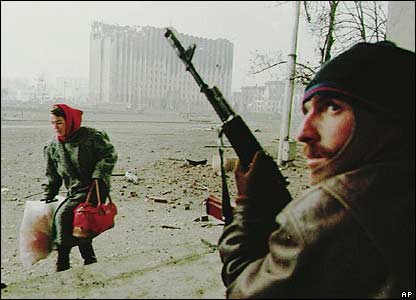Exactly a year ago I moved from Bereldange, Luxembourg to Manhattan, New York. The contrast coudn't have been sharper. In Luxembourg, restaurants close on Sundays and people look at you funny when you actually walk down the village. And yes, Luxembourgeois are a secretive people (born bankers:)) so your landlady might refuse to tell you anything about your roomies before you actually start sharing the kitchen with them. More than anything, Luxembourg loves its law and order. Busses run on time, sleek, clean and half-empty. Rental bikes are polished, pumped, ready for immediate use (except that locals don't use them at all). Clerks in banks are polite, well-mannered and strictly keep their lunch break, no matter how many customers are waiting in line.
So Manhattan was a true punch in the face. A really good one, though. My husband says New York is a mixture of Mexican and German mentality - everything works but in its own, chaotic way. Now, living temporarily in Bratislava, Slovakia where I graduated from high school exactly 10 years ago, I realize how special New York really is and how much I miss it.
So I decided to make a list of things I miss from New York. In no particular order. Here are the first 3 things:
In the era of iPad, Kindle, Nook and television, street vendors sell books that 'fall from the sky'. For one, two, three dollars, you can get Vonnegut, Hosseini, Marquez, you name it. The books stay there, between 72nd and 74th street, rain or sleet, night and day, covered by plastic sheets for the night. Apparently, stealing books is not in.
- Coffee section in Fairway
Fairway is THE supermarket on the Upper West Side. If you don't mind squeezing your way to fresh vegetables, having the cashiers shout over your shoulder in Spanish, or waiting for your coffee (Sumatra organic or regular, miss?) to be ground. The smell of coffee in Fairway is one smell I've associated with New York. (And there are more smells, some less sweet than others)
'Cops' are omnipresent in New York. And not just in Manhattan but also in the Bronx, Harlem, Queens, Brooklyn... I don't remember going anywhere without seeing their patrols. Unlike in Moscow, it does feel good. They behave like humans - you'll see them jaywalking the street, cracking jokes with deli owners, or posing for photographs with tourists.
My favorite story is of a policewoman who just walked away, smiling, when she heard a group of teenagers talk about smoking marihuana (and smoking it afterwards in mid-day Central Park). Cops obviously have bigger problems to worry about in this city than to boss around truant kids who want to be cool.
Luckily, NYC is a much safer city than it was ten, twenty years ago... (TBC)


